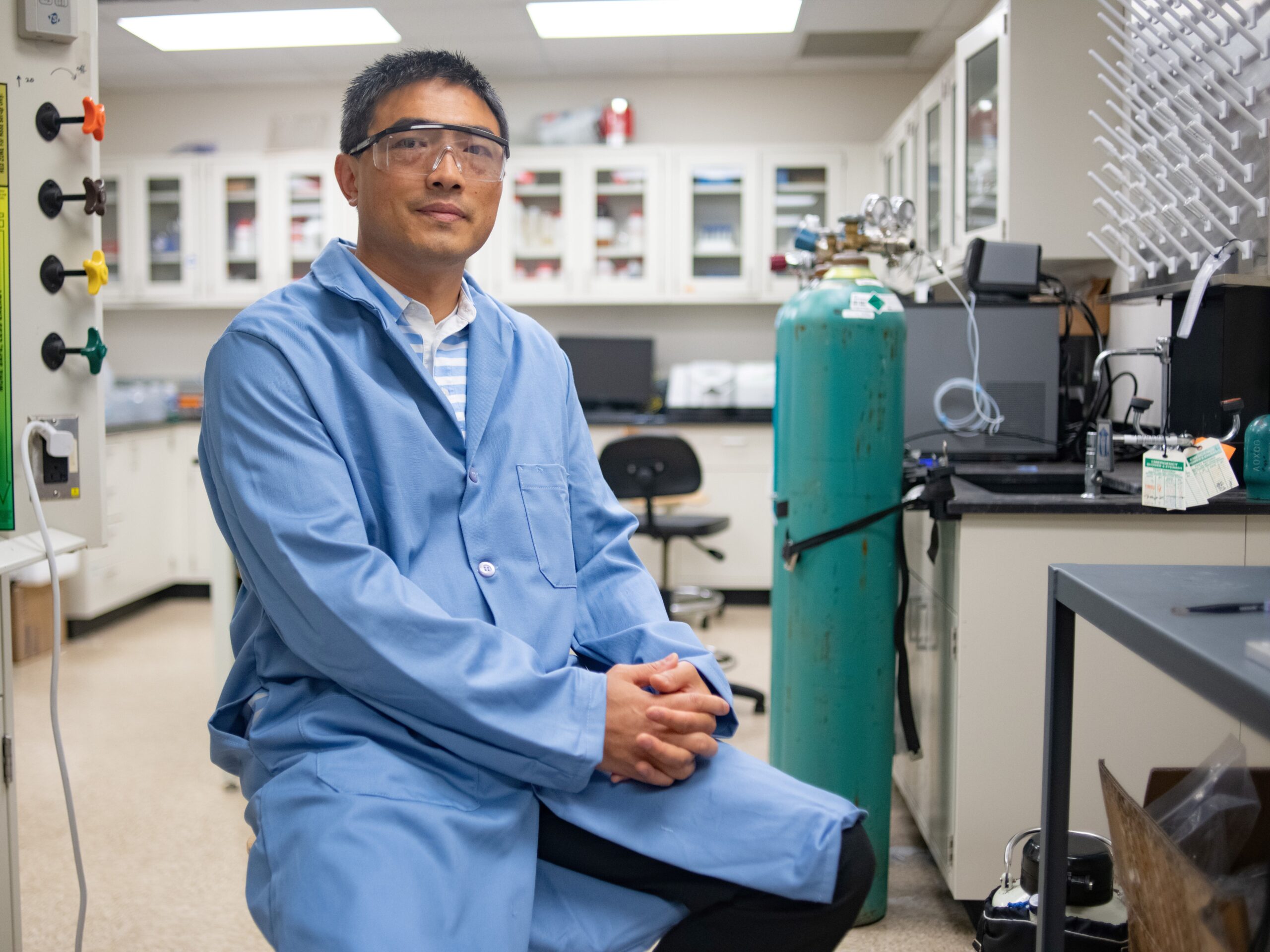
Guihua Yu was one of 28 U.S. researchers under the age of 42 to be named as finalist honorees for the Blavatnik National Awards for Young Scientists, announced by New York Academy of Sciences.
The Blavatnik Foundation recognized Yu for his work in “addressing energy and environmental challenges with innovative nanomaterials called ‘energy gels,’ with wide-ranging applications from fast-charging batteries and electrocatalysts, to seawater desalinization and solar-powered water-harvesters for sustainable agriculture.”
Yu, a professor in the Cockrell School’s Walker Department of Mechanical Engineering and Texas Materials Institute, was the only researcher from a Texas institution to be named a finalist honoree this year. He has been named to the prestigious list consistently in the past three years, as a finalist last year too.
The Blavatnik National Awards for Young Scientists celebrates the past accomplishments and future potential of the most promising young faculty members in the nation working in life sciences, chemistry, and physical sciences and engineering. Each winner receives $250,000 as a Blavatnik National Awards Laureate.
“I congratulate all the laureates and finalists whose outstanding research gives us hope for the future,” said Len Blavatnik, founder and chairman of Access Industries. He is head of the Blavatnik Family Foundation and a member of the President’s Council of the New York Academy of Sciences.
The 2023 Blavatnik National Awards received 267 nominations from 134 institutions in 38 U.S. states. Nominees must be faculty-level scientific researchers, 42 years of age or younger.
Three independent juries — one for each category — were composed of some of America’s most distinguished scientists. The juries selected three winning laureates and 28 finalists.
The three laureates this year are: William Anderegg, The University of Utah, for revealing how trees absorb and release carbon dioxide amidst a changing climate; Shannon Boettcher, University of Oregon, for discovering novel methods and materials to harness electrochemistry for sustainability; and Svitlana Mayboroda, University of Minnesota, for developing an elegant new mathematical theory to understand electronic waves.
An awards ceremony to celebrate the 2023 laureates and finalist honorees will take place Sept. 19 at the American Museum of Natural History in New York.
